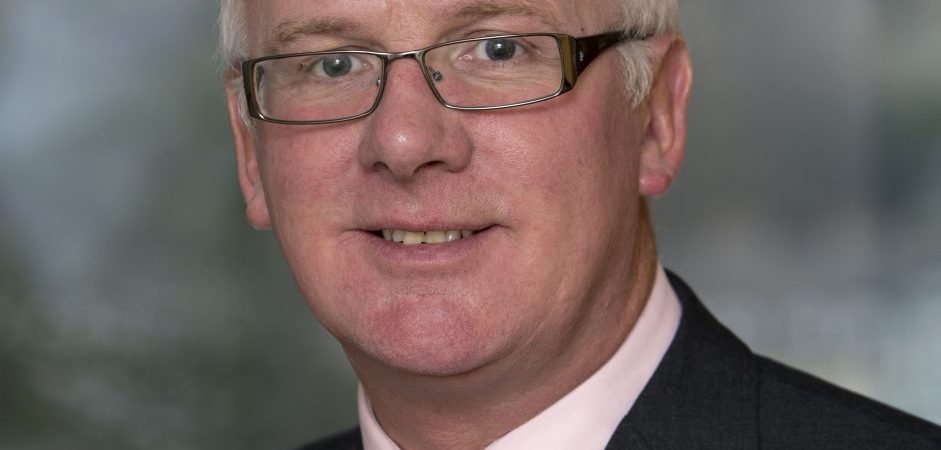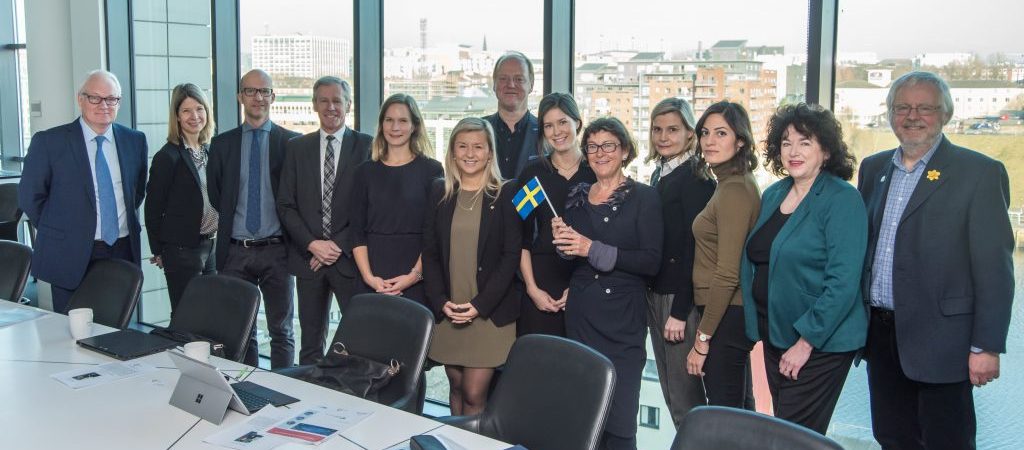
In conversation: Northumbrian Water Group hosts its first Innovation Festival
Next week will see Northumbrian Water Group host its first Innovation Festival – five days of sprint activity taking leading design thinking techniques, developed by global tech leaders, and applying them to making a real difference to people’s lives.
Nigel Watson, Director of Information Services at Northumbrian Water Group answers some questions about the festival…
What’s the innovation festival all about?
Northumbrian Water Group’s Innovation Festival is all about bringing together the brightest minds, with the right experience and expertise, to find solutions to some of our most important environmental and social challenges. We want to do this in an environment that allows creativity to flourish, with wellbeing sessions in the morning and entertainment to help people relax on an evening. The whole thing will be set in the marquee village at Newcastle Racecourse.
We’re going to be tackling issues such as flooding, water leakage, living and working in 2030, mobile workforce challenges and more.
Additionally, by running all of this activity in one place I believe we will find that ideas and inspiration will cross pollinate between the different sprint tents. Sometimes the best ideas come from somewhere totally unexpected and it’s really exciting to see this happen. We’ll even have Busy Bees, actively moving between the tents, taking ideas with them and helping this to happen.
There are six problems that you’re hoping to find solutions to by bringing big businesses together with SMEs, academia and your teams – this will be open innovation in action. Why do you think this type of collaborative working is important? Do you think we need to see more of it?
We definitely need to see more of this type of collaboration. No one person or company holds all the answers and if you ignore the experience of customers, suppliers, other businesses and academics, you close your mind to all sorts of possibilities.
The involvement of customers is particularly important for any business, because if your innovation does not meet the needs of the people who receive your service or use your product then what real use is it? You have to listen to customers to understand those needs and having them in the sprints when you’re coming up with ideas is equally valuable.
The NWG Innovation Festival is supported by IBM, Microsoft, CGI Group, BT, Reece Innovation and Ordnance Survey, with another more than 20 other organisations, from the business and academic worlds, also backing things. That shows a massive will from around the world to make this type of innovation happen and that’s incredibly encouraging.
This will be a pretty intense week – was that deliberate – do you find it helps to maintain focus?
We normally run one sprint a month, so this actually represents six months of our normal innovation schedule in one week. Sure, it’s going to be intense at times, but that’s why we’ve built everything into a festival atmosphere. It will be a week that mixes that intensity with relaxation and enjoyment.
The methodology of sprints is deliberately designed in this way, cramming the right minds into a space for a set period of time with the intention of cracking the problem. I’m sure most people have been in the situation where the process of innovation has involved a long, drawn-out series of meetings and the time from the realisation that there is a problem to the delivery of a solution has been measured in years.
With a sprint, the idea is that you walk into a room with a problem and walk back out with an idea that can be taken forward. The potential of that happening in six sprints at the NWG Innovation Festival is incredibly exciting.
You can find out more about Northumbrian Water Group’s Innovation Festival here.








